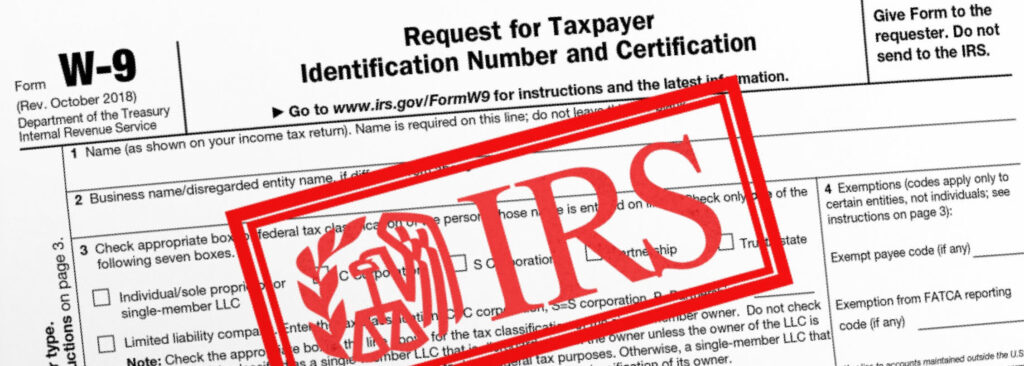We aim to explain and implement a tax strategy collaboratively. We will take care of the return preparation as well. While we cannot comment on share price as we have no knowledge as to what the future holds for your stock, we can work with your advisor.
Please note that the following is educational and is not legal or tax advice. Your return and tax circumstances is unique. More on how we work here: cost / fit / billing
If gathering documentation and doing your research please also see our post related to RSU Projections and withholding issues.
With tax planning we first perform a triage to establish some key variables:
- What type of equity compensation exists
(Double-check the mix of RSUs and other possibilities)
- Understand the ability to sell
(Is this a small company, pre-IPO, or existing established company?)
- Understand basic interest in the household budget and feelings about the value of the company
- See if there are any extreme variables such as a plan to sail around the world, move to Puerto Rico, start a company, buy a home, etc… in the next few years
- Establish the past year tax profile by looking at the old returns
- Set a baseline projection for the current year using paystubs and other variables to see if tax estimates are to be paid in now or due April 15.
Once the above baseline is established we seek to:
- Explain the function of how the stock compensation is possibly taxed currently and when things are to be sold
- Given some basic feelings about the stock possibly coordinated with an outside financial stock advisor, then, explain what it means to sell
- In our practice, generally once clients understand the mechanics of RSU taxation, it is common to sell as the tax benefit to holding such shares may be minimal (this can depend on things and not reflective of your unique tax circumstance!)
- Sometimes clients decide on holding the shares simply because they believe strongly in the company and are ok with any of the associated risks. It is not uncommon, for example, for Google and Apple employees to have a large around of stock held from RSU compensation
- There are variances in nearly ALL circumstances, so please get advise
The general plan here working with Gillingham CPA from start to finish is as follows:
- Direct potential clients to our cost/ fit / billing pages so they can see if it looks like there is value in working together
- Have a quick 30 min call to answer questions, explain how we work, see if the tax profile is in the very narrow scope of the clients we work with, and set some ballpark budget estimates (the practice is a variable fee practice based mostly on hourly rates) on fees to avoid surprises as much as possible
- From there it is a standard onboarding, the triage of variables, question and answers, file documentation, go down the list of approximately ten important tax planning items for an equity compensation employee, look for easy wins, and then it is time for the projection.
- The projection process deliverable is a tax due now or April 15, as well as how to pay this. Equally or if not more important we address the other key 10 (or so) planning items. Setting half or more of the budget / efforts to tax planning is not uncommon as most important decisions must be made during the year
We are here to explain, offer stories from experience, and answer your questions. We are also here to attempt to reduce the efforts and anxieties that all things tax related can produce. Yes we also ensure accuracy as any qualified CPA would. All in all – our goal is to Add Value.



